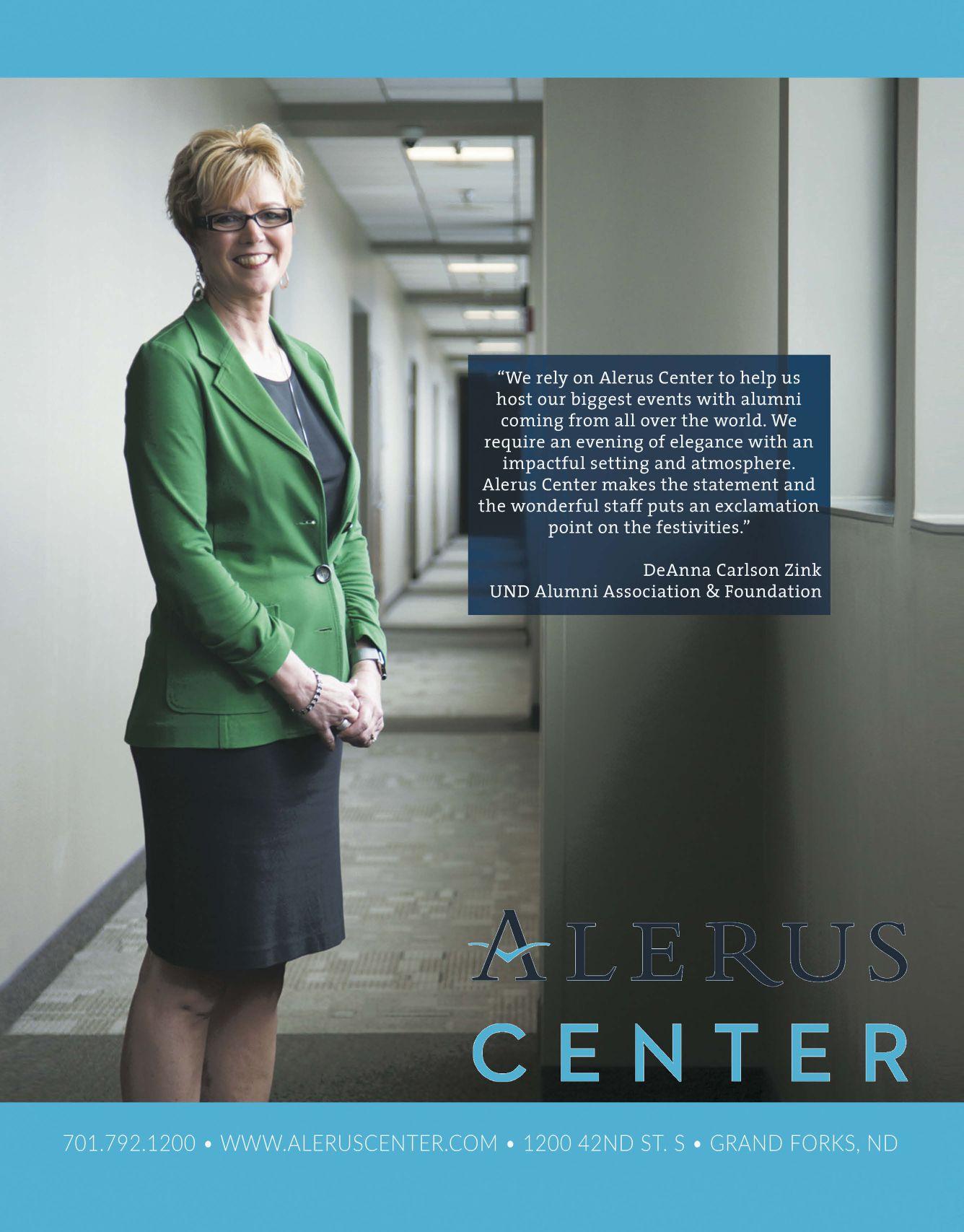
2 minute read
INSIGHTs & INTUITION
What’s the most common piece of financial-planning advice you find yourself giving clients, regardless of the clients’ age?
Mark Brakel Senior vice president/program manager First International Investments Bismarck, N.D.


Have a plan and stick to it. Financial success is not about how much you have, but rather, how well you use what you have. A well-laid-out plan is the foundation for building financial independence.
Everyone, regardless of age or economic standing, has inefficiencies with the way they use financial resources. A well-laid-out plan will serve to identify those inefficiencies and provide solutions to reduce or eliminate them to accomplish greater utility to realize financial goals and objectives.
Nick Mock
It’s not just what you make. It’s what you keep!
Two important details that investors should understand with any investment strategy are the fee structure and the tax ramifications. In a long-term investment plan, there are many things that are totally out of an investor’s control; but those two items are completely within his or her control.
Choosing investments with the correct tax structure and reasonable fees can go a long way toward ensuring long-term growth.
Investment Advisor Representative, Advanced Case Design Freedom Financial Group Minot, N.D.
Financial plans are like fingerprints: many can be similar, but no two are exactly alike. Your financial plan and your neighbor’s are most likely different -- and they probably should be.
The point being, don’t worry about what your neighbors, coworkers or the guy with the soup-stained tie hanging out by the coffee machine are doing. Instead, be engaged in what your plan is doing.
First, of course, this means you should have a plan. Then you should monitor it, test it against multiple scenarios and make necessary adjustments. These steps will help you create a lifetime of financial security. Creating a solid savings plan will lead to a happier and more exciting spending plan. Cheers!
Jacob Thrailkill Financial advisor



First Allied Securities, Inc. Grand Forks, N.D.
In speaking with clients, I find myself explaining how investing is a long-term process. It is important to stay diversified and disciplined with a long-term plan.
Often, after a market correction, it is easy to let emotions take over, turning conservative to prevent further losses. Similarly, it is tempting to move into the hottest investment area after a run-up. But studies show that when people make big investment changes that are driven by emotion, they often make the wrong decisions.
Be patient and don’t make rash decisions.
The beauty and challenge of financial planning is that there is rarely one piece of advice that fits all age groups or financial life stages.
It is common for me to stress the need for a budget and the importance that a budget plays in determining exactly where your money is going. Money seems to find a way to disappear if it is not allocated in a specific direction as fast as it comes in. The budget exercise plays a key role in meeting retirement savings or debt reduction goals.
The three most beneficial pieces of advice I often deliver, regardless of age, are: start saving as soon as possible, pay off your mortgage before retirement, and do not finance new cars and/or larger homes that consume the majority of your monthly cash flow.
Year-over-year home starts by state, 2016 to 2017
Table above shows data points for North Dakota and South Dakota











